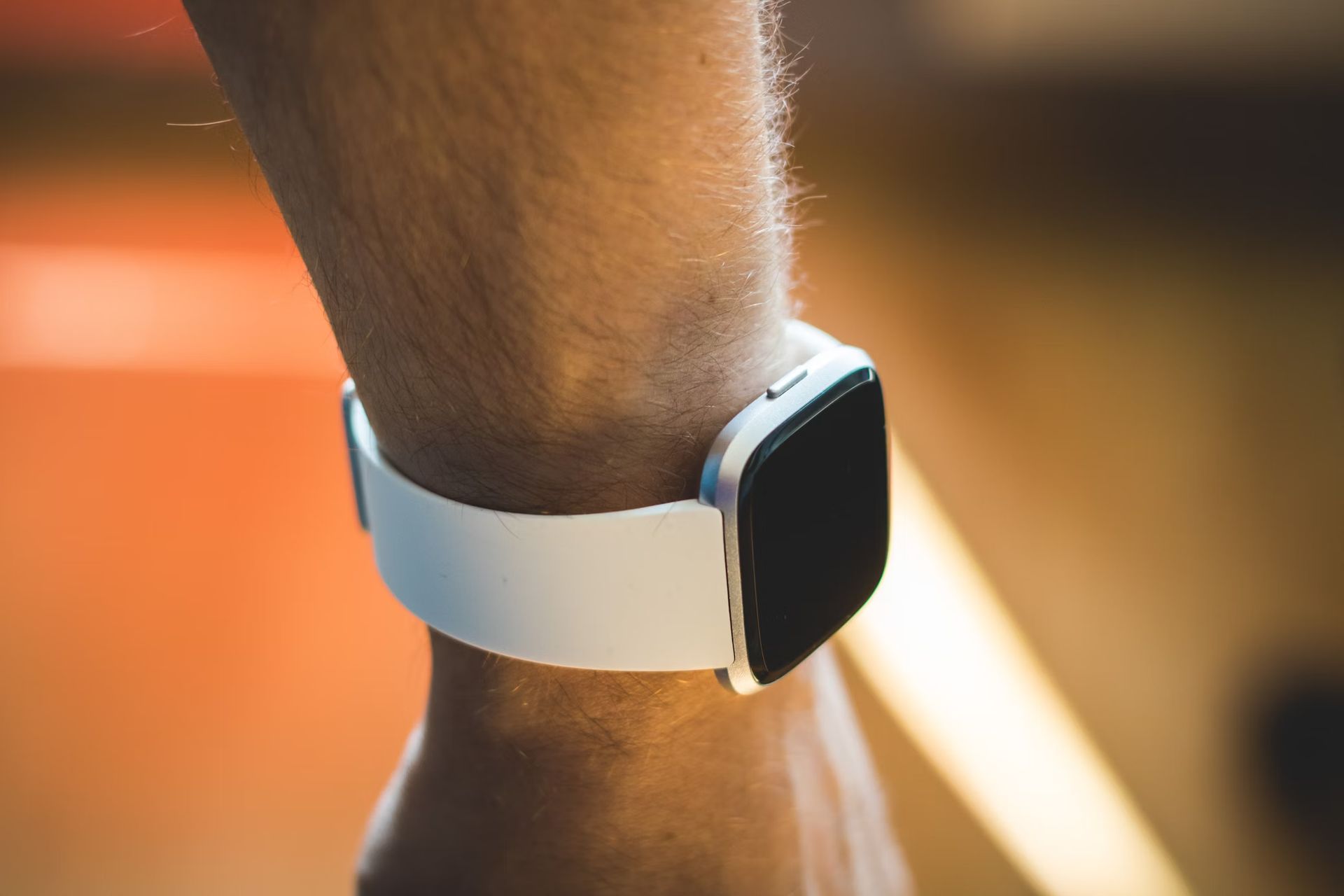Fitbit’s AI boost with Google’s Health LLM

- Google Research and Fitbit are collaborating to develop a Personal Health Large Language Model (LLM) that aims to simplify the interpretation of biometric data captured by wearable devices, promising to deliver personalized health insights and recommendations through the Fitbit app.
- The LLM will utilize Google’s Gemini models, refined with diverse and anonymized health data from quality research studies, to provide actionable advice to users, validated by health and wellness professionals for accuracy and relevance.
- The introduction of this model to Premium Android users via Fitbit Labs is anticipated later this year, highlighting Google’s ongoing integration of advanced AI into Fitbit’s offerings, though the specifics of its wider availability and whether it will operate on the cloud or devices remain undetermined.
Wearable devices capture crucial biometric information that provides insights into an individual’s health, lifestyle, and more. However, the complexity of data interpretation necessitates time. To simplify this process, Google Research and Fitbit are collaborating to implement artificial intelligence (AI), enhancing the ease of data analysis.
Which features are we talking?During The Check Up, Google Health’s yearly conference held on Tuesday, a partnership was announced between Google Research and Fitbit. Together, they aim to develop a Personal Health Large Language Model (LLM), designed to enrich the Fitbit mobile application with deeper insights and personalized recommendations derived from user data.
This innovation aims to offer Fitbit users tailored advice and actionable suggestions to support their health and fitness aspirations. For instance, by evaluating sleep pattern fluctuations, the LLM could propose adjustments to exercise intensity that may enhance sleep quality, as highlighted in a Google press statement.
Health answers get an AI brain boost on Google
The development of the LLM leverages Google’s Gemini models, with enhancements based on “a de-identified, diverse set of health signals from high-quality research case studies.” The goal is to empower the models with the ability to derive insightful conclusions from the data, a process underscored by the validation from certified coaches and wellness professionals, as mentioned in the announcement.
Google is in the process of finalizing the model and anticipates revealing further research in the near future. This endeavor is a continuation of Google’s commitment to integrating advanced AI capabilities into Fitbit, as demonstrated by last year’s significant update from Fitbit Labs.
 The acquisition of Fitbit by Google was completed in 2021 (Image credit)
The acquisition of Fitbit by Google was completed in 2021 (Image credit)
Fitbit Labs offers Premium members the chance to experience innovative AI functionalities ahead of wider release. These features enable users to interactively inquire about their health statistics and employ AI to generate visual representations for a clearer understanding of their data.
Google has announced plans to introduce this model to a select group of Premium Android users through Fitbit Labs later in the year, though the timeline for a broader rollout remains unspecified.
The acquisition of Fitbit by Google was completed in 2021, marking a significant step in their collaboration.
Details regarding whether the model will operate on cloud servers or directly on devices have not been clarified. Operating on the device is often regarded as a safer method for handling sensitive information. Google has expressed that this model will facilitate the development of future AI functionalities across its product range.
Featured image credit: Kerem Gülen/DALL-E 3
